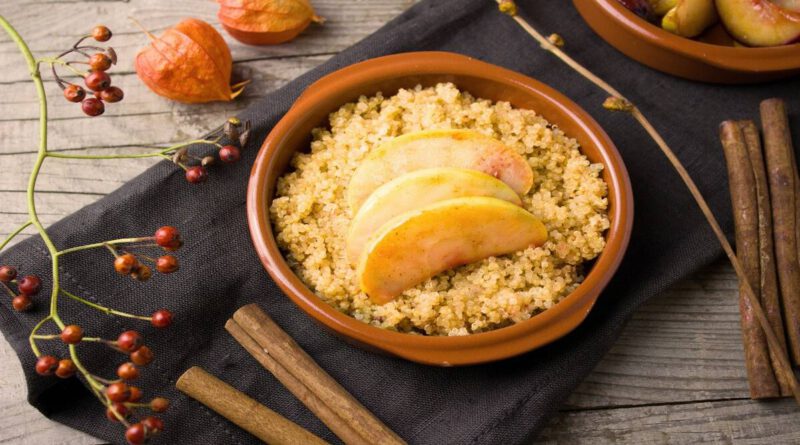Study shows Quinoa is better for diabetics than rice

What happens if you replace rice and other commonly consumed grains with quinoa? A recent study shows that it helps in keeping blood glucose levels after a meal low and could possibly prevent progression to diabetes among pre-diabetics.
A small study of nine pre-diabetics over the age of 65 years, who followed a regular diet for four weeks and quinoa diet for the same time period, showed that the spikes in blood glucose levels reduced when they started the quinoa diet. Although there wasn’t much change in the calorie consumption, the quinoa diet consumers ended up consuming less carbohydrates. Their weight, body mass index and waist circumference also reduced during the period.
Quinoa is actually a type of edible seed but it is considered to be a whole grain. It is considered to be a good source of plant protein and fibre – one cup of cooked quinoa contains around 8 grams of protein and 5 grams of fibre, according to a write-up by Harvard School of Public Health.
Dr Anoop Misra, chairman Fortis C-DOC Centre for Diabetes, said that quinoa is a healthier option both for people at risk of diabtes (pre-diabetics) and those who already have diabetes. It is the higher content of protein and fibre that helps in keeping the sugar levels in control, he said. “The authors also state that phenolic compounds in quinoa could inhibit key enzymes that are likely to help in decreasing post meal blood glucose.”
Having said that, he adds, that the study published in the journal Nutrients was a short one and longer studies were needed to establish the results.
And, not just control of blood sugar levels, previous studies from the Harvard TH Chan School of Public Health have also shown that whole grains – quinoa included – could cut the risk of premature death. The study found that people who consumed 70 grams/day of whole grains, compared with those who ate little or no whole grains, had a 22 per cent lower risk of total mortality. Their risk of dying of a heart disease was also 23 per cent lower and of cancer 20 per cent lower.

